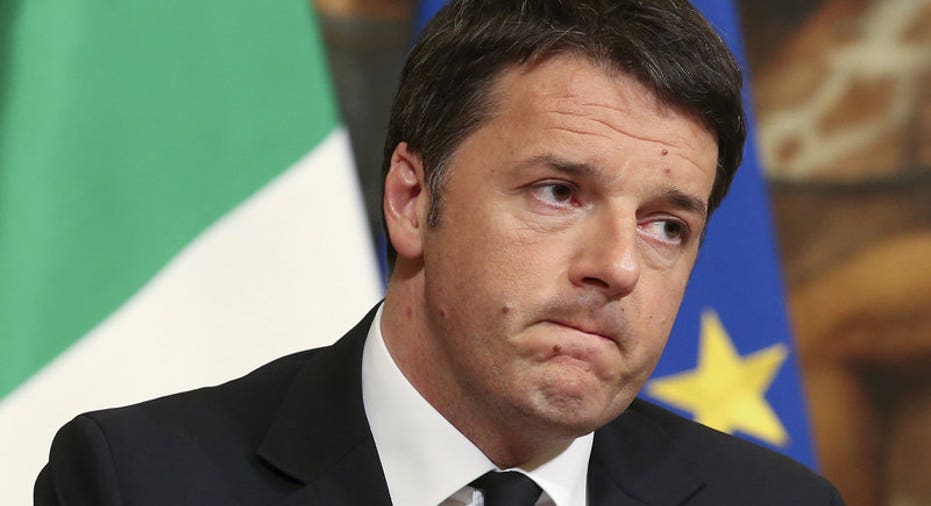EU starts marathon talks on budget review, Italy unhappy

BRUSSELS/ROME – European Union governments and institutions are set for intense budget negotiations ahead of a Thursday deadline, with Italy complaining not enough spending is planned for handling migration, security threats and youth unemployment.
The EU's executive European Commission proposed in September that a mid-term review of the current budget should boost spending on jobs and growth, migration and security by 13 billion euros in 2017-2020, reallocating funds from other areas.
But Italy, which holds a constitutional referendum on Dec. 4 that could end the political career of Prime Minister Matteo Renzi and move the eurosceptic 5-Star Movement closer to government, said on Tuesday it was not satisfied with the plan.
"Italy opposes the review of this multi-year budget," Italy's Europe Minister Sandro Gozi said in Brussels.
"We think we still need a proposal which gives us many more guarantees on a real increase in resources for our nation. I am thinking of immigration, I am thinking about security, I am thinking about European resources for the young."
The European Union operates on the basis of seven-year budgets to finance various projects important for the 28-nation bloc, like raising the standard of living in its less developed regions, agriculture, clean energy or creating jobs.
The current budget, which ends in 2020, is worth 1.04 percent of the EU's gross national income (GNI). The EU agreed to review its spending priorities by the end of 2016 to reflect economic trends and whatever challenges may arise.
Gozi said Italy was "very tired of European ambiguities, very tired of European contradictions," and of "a Europe that says certain things, but doesn't do them."
"We are convinced that if Europe doesn't change then we are the beginning of the disintegration of Europe," he added.
The Nov. 17 deadline for a deal between the Commission, EU governments and the EU parliament stems from a 21-day legal conciliation period that started in October.
"Tomorrow our negotiating parties are meeting and there will be negotiations the whole day tomorrow and then if necessary during the night and then the whole day after," a Commission spokeswoman said.
If there was no deal by midnight on Thursday, she said, the Commission would have to quickly make a new proposal which could be negotiated by mid-December -- the last legal deadline set by the final plenary sitting of the European Parliament this year.
(Editing by Catherine Evans)



















